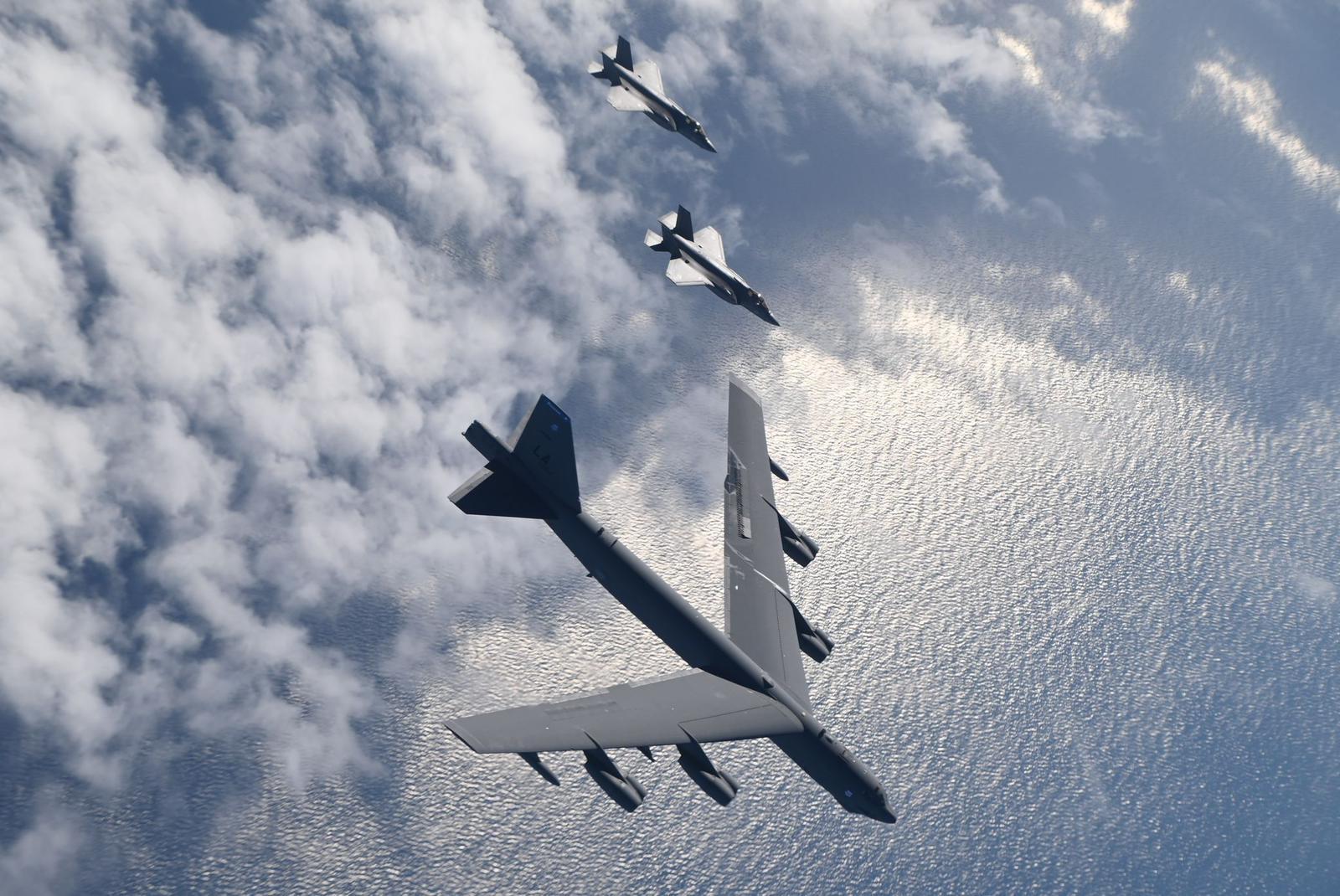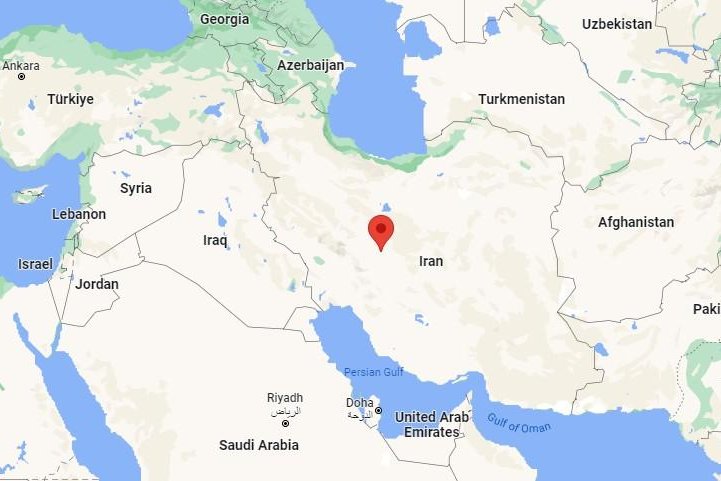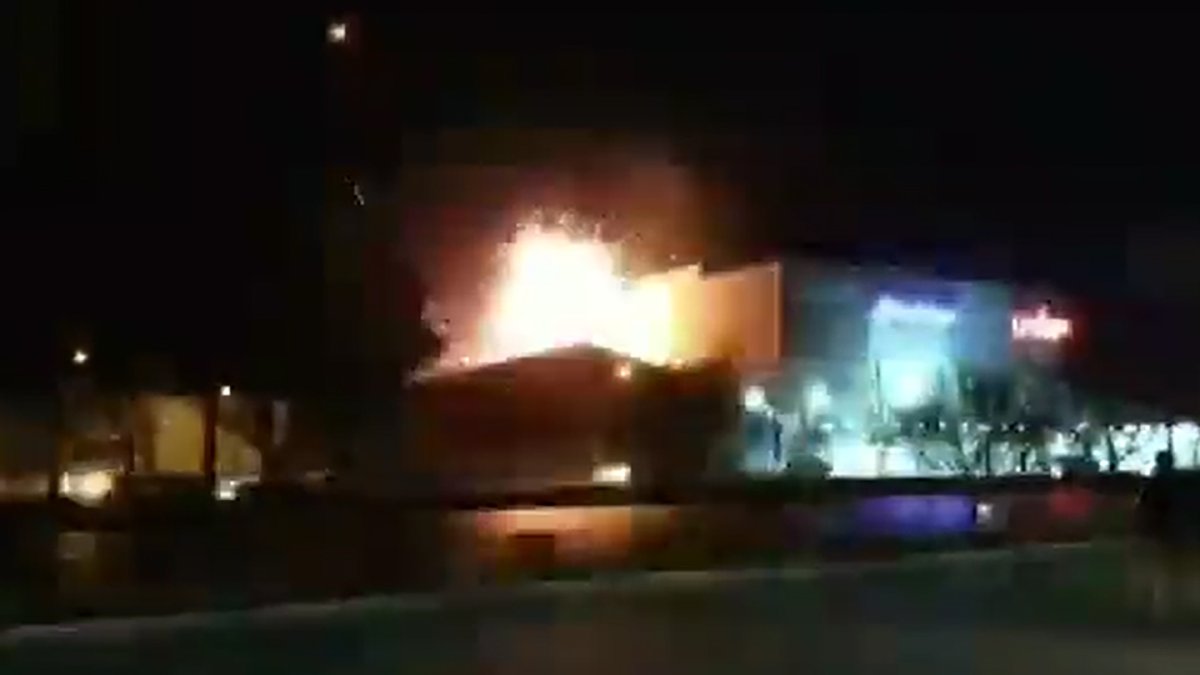Been quiet here for a while to try and gather all that's happening. Wanted to write a long post but it's all just too convoluted for me.
Israel is now facing an avalanche of problems, particularly security, and that includes some internal problems as well.
It's no secret that external threats to Israel are at a historical high. Ramping up enrichment in Iran, American zoom-out from the region and mixed signals to Israel, new Palestinian terrorist factions rising across the J&S region, Houthis' rise as long reaching regional players, Russian-Iranian cooperation, and increased Chinese involvement, all during an upset global economy.
Some of these can be dealt with by the IDF alone, and some require tight cooperation between all defense organs including ministers and the security cabinet. This is where internal illnesses come in.
1. People's army, not anymore - conscription is mandatory, yet rates have plummeted to ~46%. Aside from the known and accepted exemptions e.g. Arabs (except Druze) and Bedouin, Ultra Orthodox are able to dodge draft on religious grounds - a subject whose legal basis is still disputed. The incoming government, being majority religious, seeks to cement and further expand this.
Naturally, this sparks anger from the non-religious who openly say they will not serve if other sectors are allowed to dodge.
Thus, the ethos of a fusion reactor for all segments of society, is likely seeing its last days. And for the IDF, which already suffers from a brain drain due to low army wages and high wages in the civilian sector, this means the candle is burnt from both sides - ultra orthodox won't enlist while the secular population hardly grows.
2. Security apparatus is contaminated - to further institutionalize a religious/secular divide, the government is appointing a religious minister with no background in defense, into the security cabinet. Furthermore, 2 religious ministers were given overriding authority over certain central issues. The entire security apparatus has been trusted enough to have a high level of autonomy that permitted the efficient, high tempo operations across the region.
Since these changes occur outside the IDF, the public expects an IDF-gov't clash that will most definitely impact Israel's ability to deal with the nearest threats, primarily in the J&S/West Bank area where most combat units rotate.
Nothing lasts forever, sure. But the growing distrust in the security apparatus will likely create a crisis that will take many years to fix.
Public trust in the security apparatus, specifically on Gaza, is already quite low.







